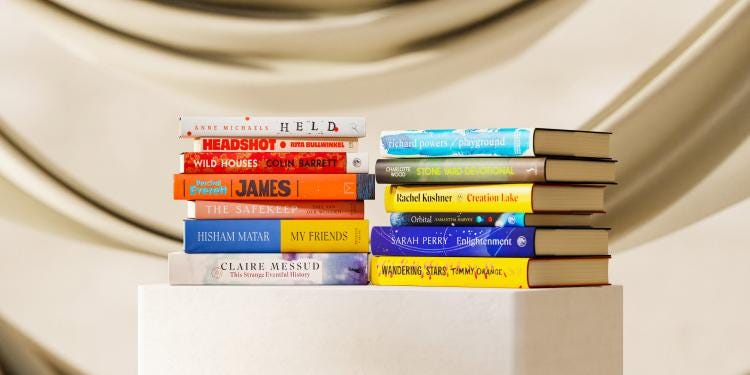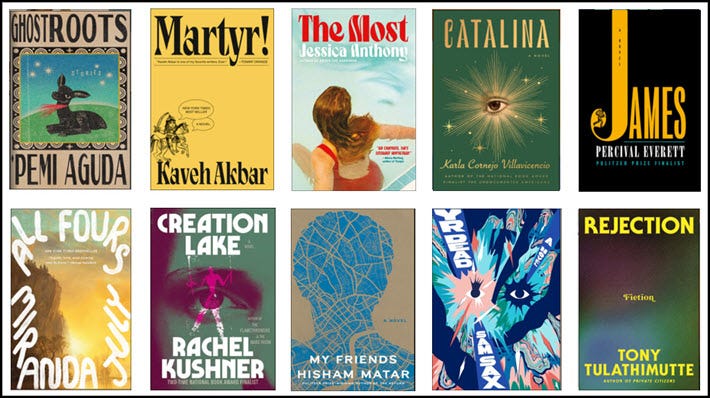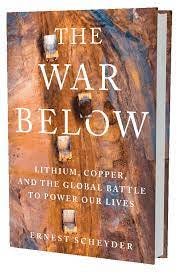1.
Kannazuki 神無月-- There is an old belief in Japan that during the Tenth Month, all the gods from the various provinces travel to Izumo in the Western part of Honshu to discuss affairs of state. And with all the gods of the land away from home, the Tenth Month has come to be known as kannazuki, or "the month of no gods".
Like a lot of people, I love October—A friend would always say she wanted to leap through the O in October—for it really does feel like a month of wonderful possibilities.
In Japan, in addition to maple leaves and gods taking to the road, Autumn is also known for being the best time of year to eat (aftre a great harvest) and the best time to look and make art. It is also the best time to read books (obviously!)
This is expressed in these oft-trotted out phrases:
食欲の秋、芸術の秋、スポーツの秋、読書の秋
For me, it really is true. Especially about books. There is something about the weather, atmosphere and mood of this time of year that always has me wanting to curl up and read.
2.
Most years, for the early part of the year, I read in a haphazard way… follow my interests often stopping a read mid-way. I am not so serious in my reading. But then, come autumn, I start reading the long-lists.
Usually by late August, I am sitting by my computer waiting for Obama to drop his summer list—and this year, like last year, it was superb.
In fiction—he predicted the Booker Long-listed novel James, by Percival Everett, as well as Headshot by Rita Bullwinkel. He also nabbed the National Book Award longlisted Martyr by Kaveh Ahkbar.
I have not read Rita Bullwinkel’s new novel (as I’ve mentioned, she received the same residency at the Helen Wurlitzer Foundation that I was on this summer—highly recommend this residency to all writers!) Nor have I read James yet –which went on to the Booker Prize shortlist, as well as becoming a National Book Award finalist. A re-imagining of Twain’s Adventures of Huckleberry Finn but told from the perspective of Huckleberry's friend on his travels, so many people are expecting this book to sweep the literary prizes this year.
I love Everett and am rooting for him.
My own two out of three favorite award-winners of the year were on Obama’s list: Akbar’s Martyr and Bradley’s Ministry of Time, which I’ve written about here.
In nonfiction, I really admired the new history of Captain Cook and his tragic last voyage (Could be a Pulitzer?)
3.
Not long after Obama’s list, the Booker Prize announces their long-list. Often the Booker Prize is a mystery. Not unlike the Noble Prize for literature, it can be obscure. But I really love following it since I am apt to find a new favorite writer. This year’s list was more accessible than usual (and by accessible I guess I mean leaning American…?)
Rachel Kushner’s Creation Lake was my own pick. It was a fantastically fun and intelligent book about an American spy who infiltrates a commune of eco-activists in France. Communicating with an activist who lives in a cave, there is a surprisingly wonderful amount of exposition in the form of Neanderthal history. The book has so much energy. (There was a surprisingly negative review of the book in the London Review of Books by American author Brandon Taylor—the Facebook Booker Reading group also seems very divided about this choice).
I also loved several of the books on this list that did not make it to the short list, including Hisham Matar’s unforgettable book My Friends, which did make it on the National Book Award finalists. Like his other work, the prose is quiet and beautifully crafted. The slow and leisurely pace carries a surprising emotional heft. Like his Pulitzer Prize winning memoir, the novel is about a man's estrangement from his home country, and the trauma of being persecuted by a repressive regime. The plot points revolve around real history--from the Libyan embassy shooting in London to the killing of Gadaffi. What was so incredible about the reading experience for me was at times I forgot I was reading a book at all… it felt like I was there and cared very much for the protagonist.
As James Wood wrote in the New Yorker, the book is about the divided self. I don’t think I’ll ever forget this story.
I also LOVED Orbital by Samantha Harvey and Stone Yard Devotional by Charlotte Wood—both on shortlist (this is my second favorite of the shortlist).
4.
Surprisingly, I thought the National Book Award long-list was the best list of 2024. Lauren Groff was the head judge.
In addition to (again!) Percival Everett’s James, Kaveh Akbar’s Martyr, and Hisham Matar’s My Friends, the shortlist had a story collection by Nigerian writer Pemi Aguda—so great to see a story collection! Am halfway through her incredible collection—she is a writer I would love to study with someday.
AND, there is a novel by a writer I’d never heard of named Miranda July.
How is that possible? Maybe because she comes from film? I was surprised to find a writer without an elite MFA on an American award list.
That said, I do think, like Obama’s list, the books on this list are not only being recognized for literary merit but for social relevance as well. As reviewers have pointed out, her novel is pretty in your face sexually graphic.
Here is my favorite reviewer Ron Charles in the WP
The multitalented artist Miranda July has written a wildly sexual book about a woman approaching menopause, so of course it’s time for a square old man to pass judgment.
At your service.
But first, is it getting hot in here?
I kind of hope this one wins, even though Martyr and My Friends are true literary masterpieces and even though it is pretty explicit —not necessarily in a good way.
Surprised that Creation Lake didn’t make the shortlist. Another one that didn’t make the shortlist was Ernest Scheyder’s nonfiction book on lithium. I am posting an essay about this one at 3 Quarks Daily this tomorrow. It was excellent.
PS
My next post will be my last about books—a short rant about the Nobel Prize for Literature—hello, Salman Rushdie needs to win.









I agree with you about Ron Charles at the Washington Post. But I especially like the writing of his colleague Becca Rothfeld, who recently raved about a book and writer I haven't seen reviewed elsewhere (Lesser Ruins by Mark Haber), a book that sounds thankfully far removed from typical social media topics that are choking literature. I also am looking forward to Percival Everett's James.
"James" is one of the most powerful books I've read in a long time. I love all the positive phrases in Japan associated with fall. Japanese people bring a real enthusiasm to the season -- maybe because it's actually possible to feel active again after the lethargy-inducing brutal summer heat!